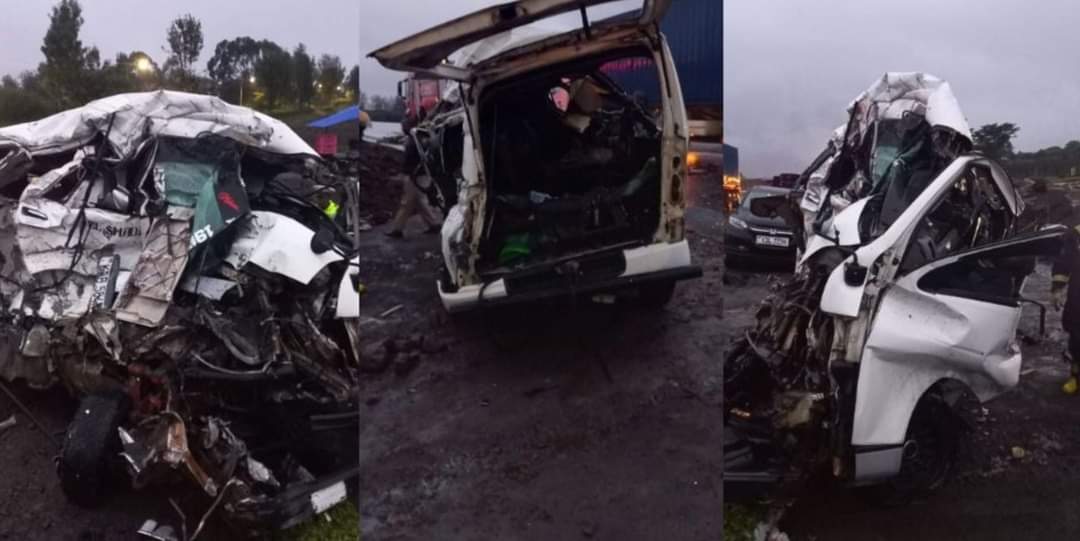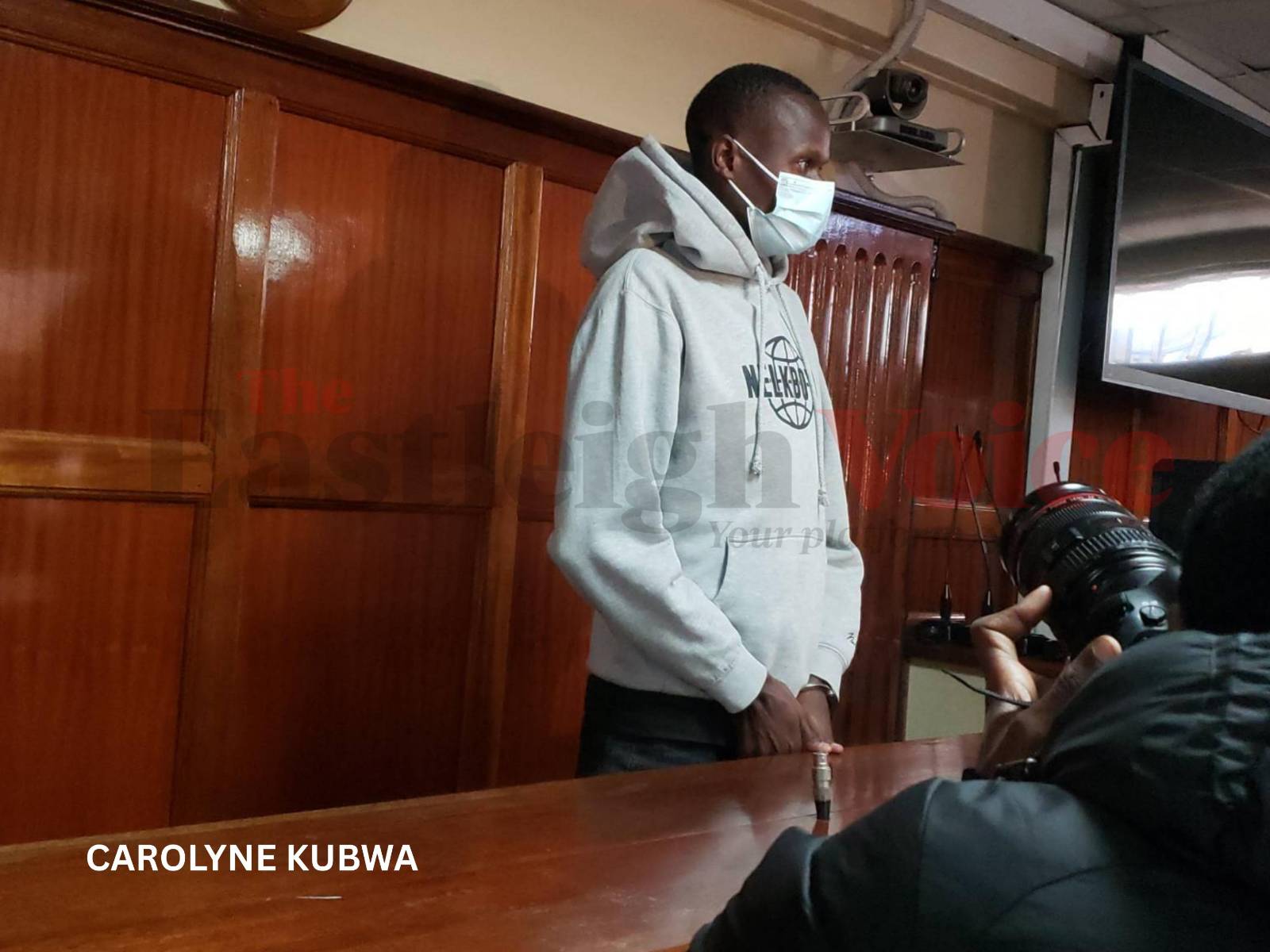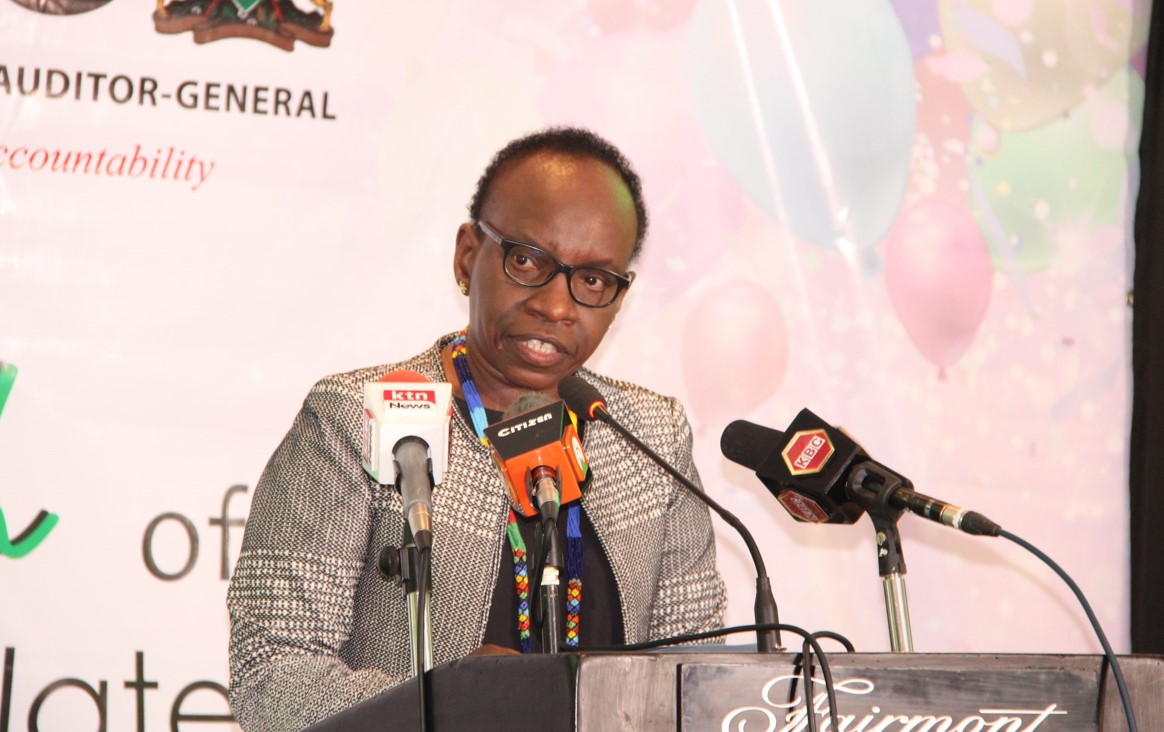NTSA to intensify surveillance as schools close for August holidays

As a result, he said the authority will partner with different government agencies, including the National Police Service (NPS), to guarantee the safety of the children.
Traffic surveillance is set to increase this week as the National Transport and Safety Authority (NTSA) intensifies monitoring in response to the upcoming closure of schools for the August holiday.
Road Safety Manager and Head of Safety Strategies at NTSA, Samuel Musumba, noted on Monday that roads will experience increased traffic due to students travelling to various destinations.
More To Read
- NTSA dismisses claims of losing control over TIMS amidst audit concerns
- NTSA staff lack full control of Sh186 million system nearly two years after launch - audit
- NTSA yet to print 572,000 smart licences despite full delivery by supplier
- KEBS eases import rules for older left-hand, special-purpose vehicles
- Motorists Association of Kenya decries state plan to inspect private vehicles older than four years
- State proposes mandatory inspections for vehicles older than four years in new rules
As a result, he said the authority will partner with different government agencies, including the National Police Service (NPS), to guarantee the safety of the children.
During this time, Musumba called out matatu owners for putting their needs ahead of the students' safety.
"We would like the vehicles carrying these children to be in the best condition. We understand that some of these vehicles are yet to undergo inspection," he added.
Musumba further warned them against overloading students, which, he pointed out, contributes to increased accidents.
Going further, school heads will inspect the vehicles picking up students to guarantee their safety, according to the Head of Safety Strategies at NTSA.
In addition, the NTSA cautioned against speeding as some drivers attempt to make extra trips to increase their income. The authority vowed to take action against all matatus found violating these guidelines.
At least 11,502 people were involved in road accidents this year, in the period between January 1 and July 7.
NTSA said 2,407 people died, while the rest were left mostly with life-changing injuries. At least 6,083 people were seriously injured, and 4,083 incurred minor injuries.
This is an increase of 1,628 compared to 2023 during the same period where 9,874 people were involved in road crashes, 2,341 died, 5,194 got seriously injured, and 3,742 were slightly injured.
June has been identified as the most dangerous month to travel by road in Kenya this year, according to data released by NTSA.
 At least eight people died in April 2024 in a road accident at the Ngata area in Nakuru along the Nakuru-Eldoret highway. (Photo: Handout)
At least eight people died in April 2024 in a road accident at the Ngata area in Nakuru along the Nakuru-Eldoret highway. (Photo: Handout)At least eight people died in April 2024 in a road accident at the Ngata area in Nakuru along the Nakuru-Eldoret highway. (Photo: Handout)
411 lives were lost through road crashes in June, which was a decrease compared to 439 in 2023.
March followed, recording 403 deaths, with a similar number recorded in the same period last year.
January recorded 389 road fatalities, while the same period last year had 379.
April recorded the same road fatalities compared to 2023, at 388.
The month of February had 374 road fatalities, which is an increase compared to 340 in 2023.
May and July recorded 341 and 101 road fatalities, respectively, this year, compared to 340 and 97 for 2023.
In July, from 1 to 7, 101 people died from road crashes across the country.
NTSA statistics show that most fatalities happened in the afternoon and at night, with the peak hour being 9 pm.
"Most of the fatal road traffic crashes occurred between 3 pm and 11 pm, with the peak hour being between 9 pm," the data indicates.
NTSA highlighted that road crashes during this time of the day in July were largely attributed to reduced enforcement during these times and high volumes of traffic and pedestrians in what they termed as 'rush hour.'
"Also, pedestrians are crossing in non-designated or unsafe areas and getting easily knocked down or run over by speeding vehicles," reads the data in part.
Other factors contributing to accidents include driver fatigue, poor visibility—particularly for pedestrians, and driving under the influence of alcohol.
Top Stories Today
Reader Comments
Trending











































